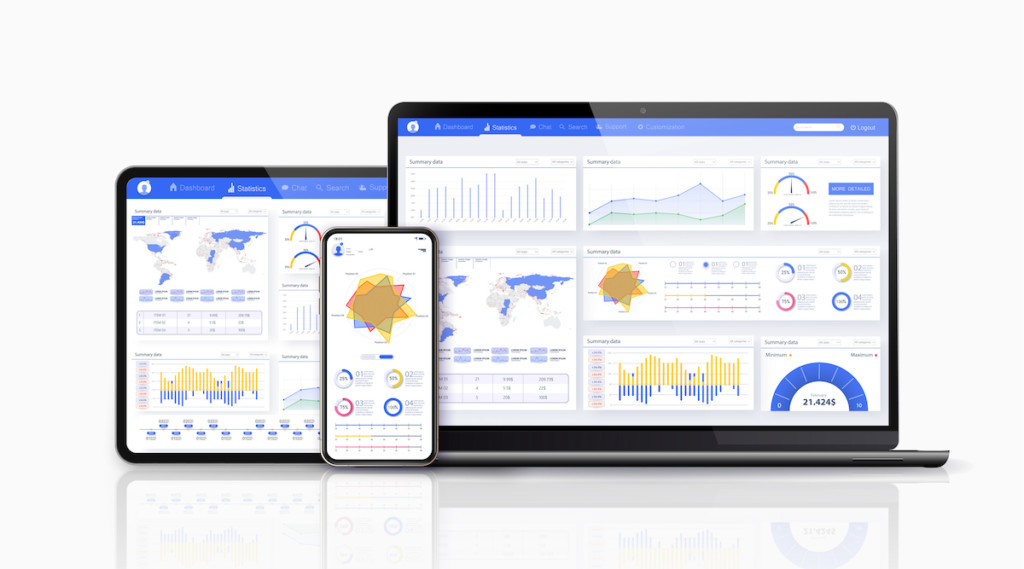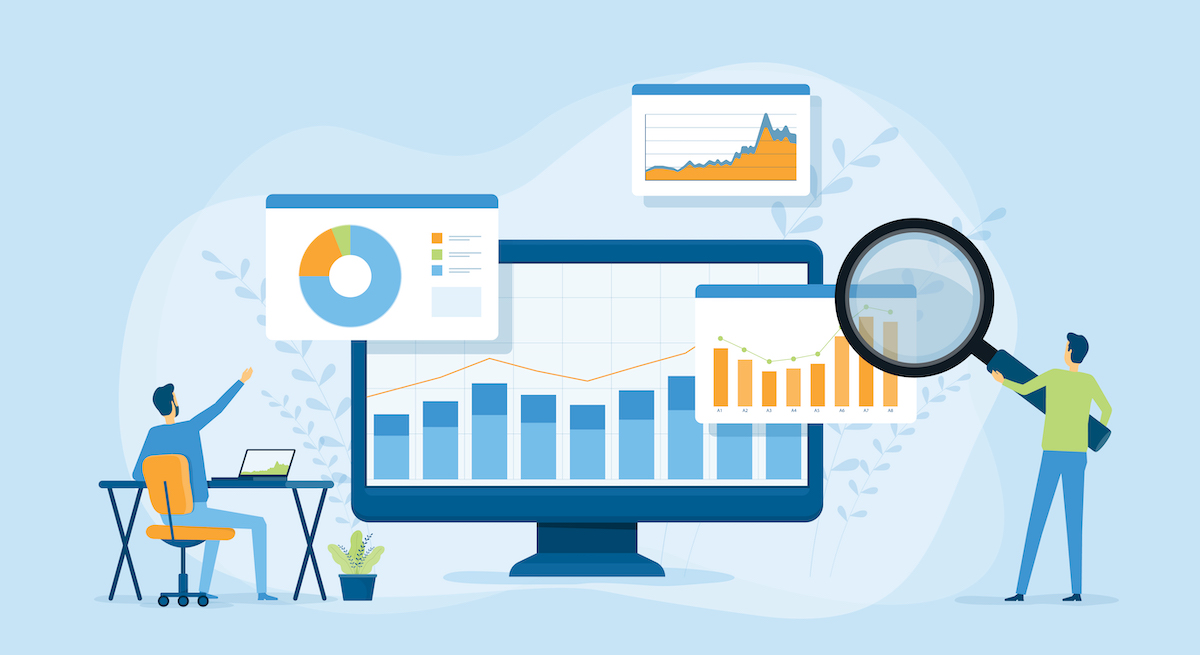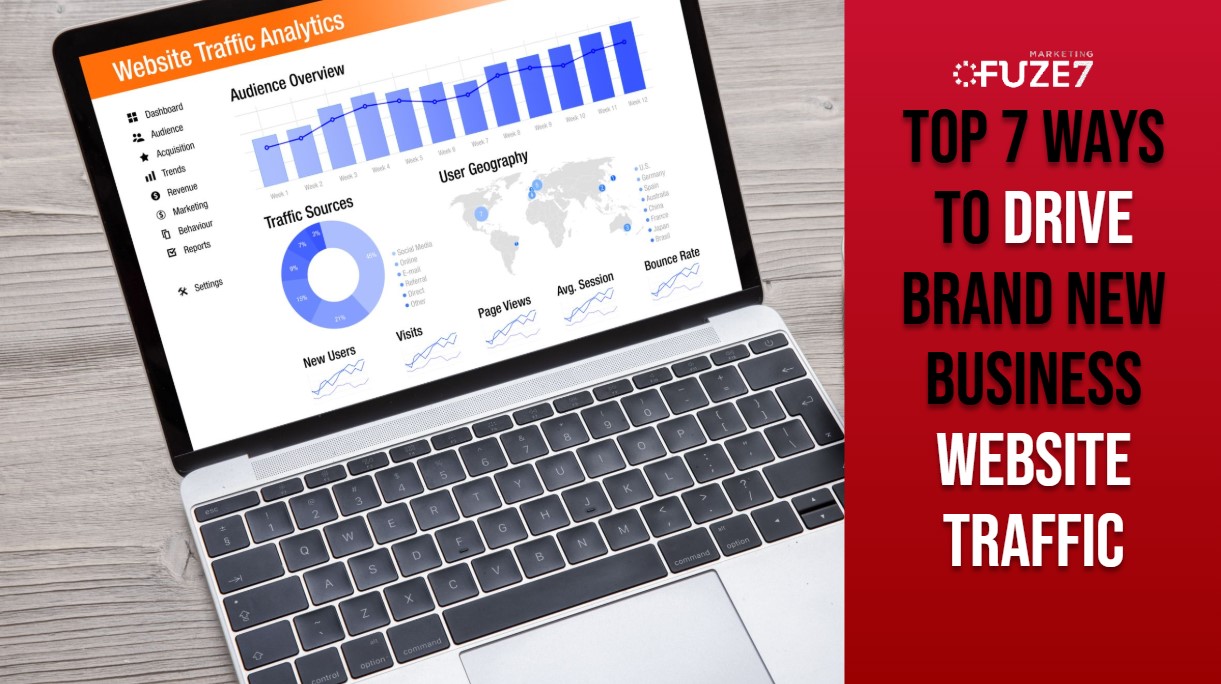When companies look at their budgets, they want some reassurance that the money they spend to develop marketing campaigns is money well spent. Web analytics has been the go-to for exploring campaign success but it only records half the story. To truly learn how effective your marketing campaign is, you need to analyze digital marketing data across all platforms.
Digital Marketing Data
The goal of digital marketing is to turn leads into customers. Every action your customers or potential customers take is captured in a customer database somewhere, meaning that data is the perfect place to build an understanding of customer behavior and how your marketing campaigns influence their decisions.
Digital marketing campaigns include social media, blogs, emails, and website visits. Each platform has analytics attached to it that can be viewed separately, but provide much more information when viewed together. This is where finding the right platform to connect all the data comes in.

Key Metrics
A key metric is to find how visitors to your website arrived there. Did they find you on Google, social media, or through an email? Once the visitor is on your website, does he go further and read your blog, subscribe, or buy? The interconnectedness is what digital marketing analysis encompasses.
Did you know that shopping cart abandon rates are a prime piece of data to analyze on eCommerce sites? Lead generation, email campaigns, and social media all have key metrics to determine success.
- For lead generation, ratios of generated leads to qualified leads, and lead to close ratios are important metrics. The analysis also includes Call to Action click-through rates, free trial, and pop-up conversion rates, and submissions.
- Email campaign marketing metrics include open rates, bounce rates, click-through rates, unsubscribe rates, and opens by device.
- And for social media metrics, there are a host of key metrics including follows and subscribes; approval rate; share of social voice; potential and real post reach; and audience growth rate.
That’s a lot of data to wade through. Finding the top tools for analyzing digital marketing data is key to discovering what marketing strategies work and which ones can be put on the back burner.
Data Analysis Tools
The simplest way to efficiently analyze digital marketing data is by learning some simple coding using tools like SQL, JavaScript, and Python. Each allows you to retrieve, interpret, and visually display different types of data.
- Structured Query Language (SQL)
SQL or Structured Query Language has a solid history behind it for creating, manipulating, and retrieving data. It uses a relational database format allowing for simple SQL queries. If you want to know your best and worst customers, a SQL query can produce that information. - Google Analytics
Working hand in hand with SQL is Google’s BigQuery. Google Analytics data is managed by SQL allowing for further segmentation of data and the creation of reports. Primary and secondary dimensions can be used to create segments. That means you can gather information on who visits your website and what they visited, but you can also dig deeper by finding where they are located and what device they used to access your site. BigQuery with SQL broadens the scope of the analysis of your marketing data. - Python
Python is heralded as one of the simplest coding tools to learn, making it a popular choice for those looking to explore their marketing data on their own. Python can analyze data to find user behaviors, outline demographics, and determine campaign reach. It also works well to explore customer feedback and even offers automated customer feedback processing.
Converting Marketing Data to Marketing Strategy
Simple or not, few business owners have the time to invest in learning how to implement coding and data analysis tools, let alone convert the data into an actionable marketing strategy that is responsive to customer and market trends. A digital marketing agency, on the other hand, can help set up and manage your data analysis, often in a single easy-to-read digital dashboard. A full-service agency will also work with you to create and implement an effective marketing strategy that is in alignment with your business goals, reaches your customers, and is responsive to your marketing data.
The team at Fuze7 Marketing is well versed in data analysis tools such as SQL and Python, and applying best practices for building a stronger online presence, lead generation, and capture. Contact us today for an initial strategy session to explore how we can help you.








